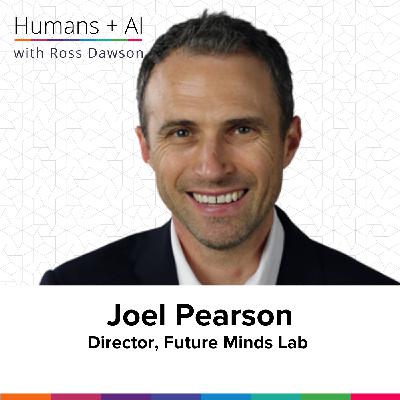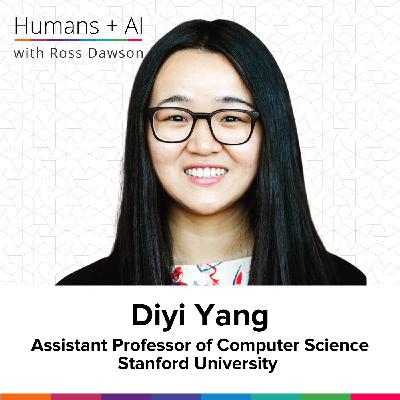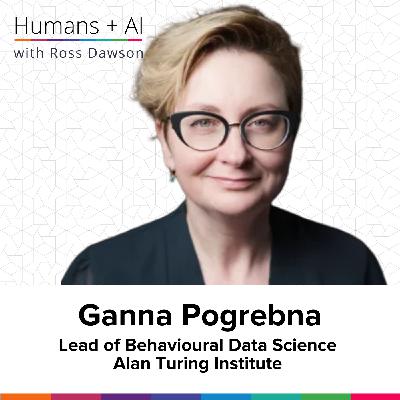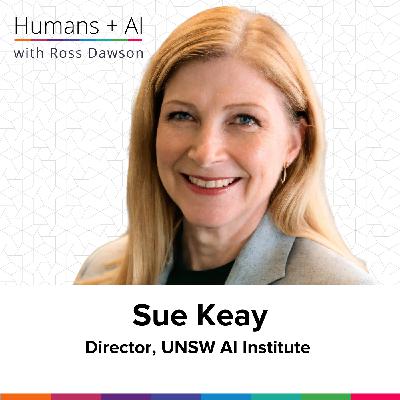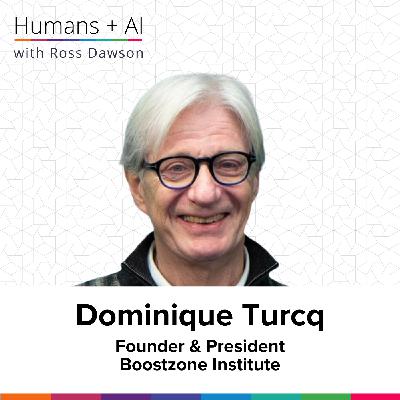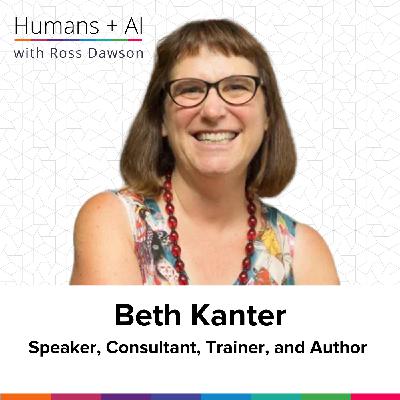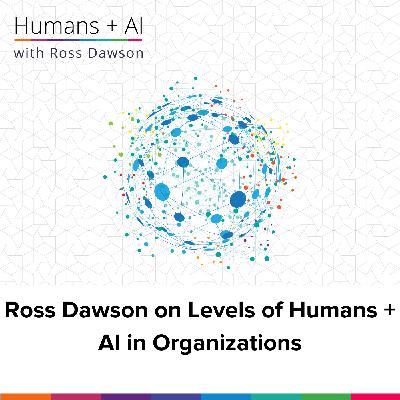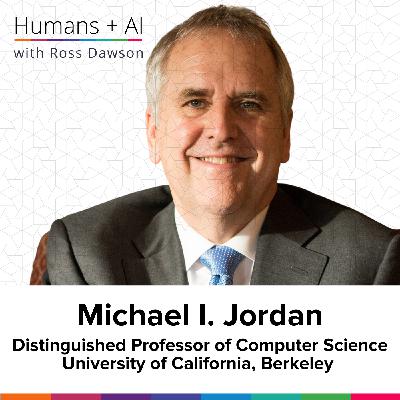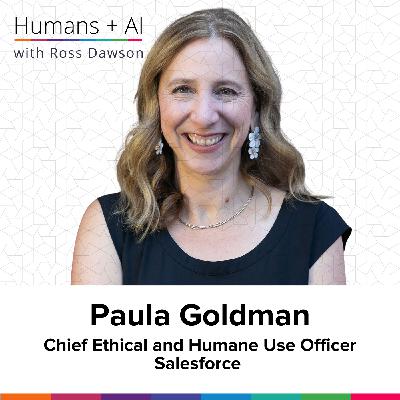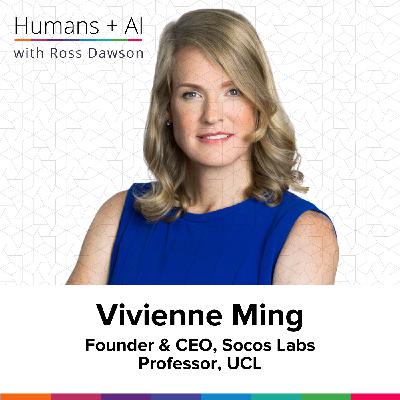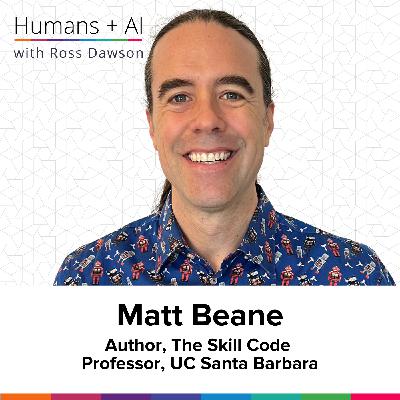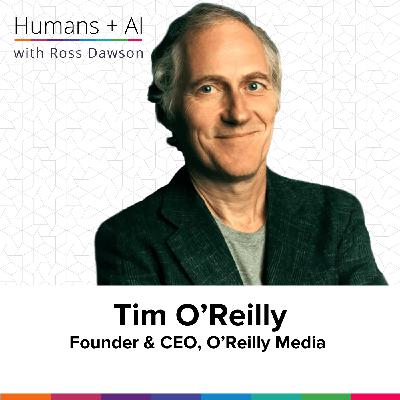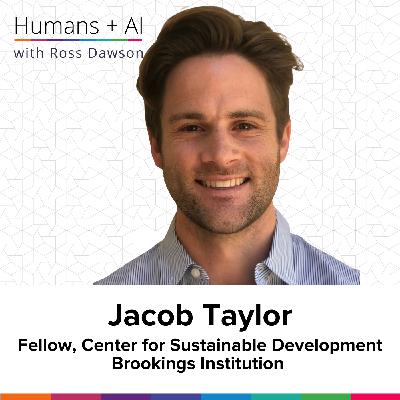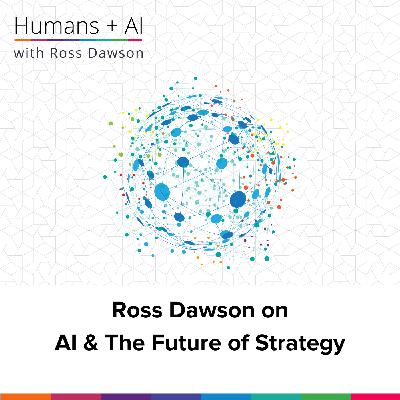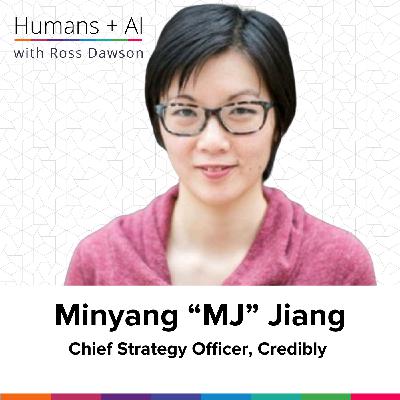Matt Lewis on augmenting brain capital, AI for mental health, neurotechnology, and dealing in hope (AC Ep8)
Description
“The big picture is that every human on Earth deserves to live a life worth living… free of mental strife, physical strife, and the strife of war.”
– Matt Lewis

About Matt Lewis
Matt is CEO, Founder and Chief Augmented Intelligence Officer of LLMental, a Public Benefit Limited Liability Corporation Venture Studio focused on augmenting brain capital. He was previously Chief AI Officer at Inizio Health, and contributes in many roles including as a member of OpenAI’s Executive Forum, Gartner’s Peer Select AI Community and faculty at the World Economic Forum’ New Champions’ initiative.
What you will learn
Using AI to support brain health and mental well-being
Redefining mental health with lived experience leadership
The promise and danger of generative AI in loneliness
Bridging neuroscience and precision medicine
Citizen data science and the future of care
Unlocking human potential through brain capital
Shifting from scarcity mindset to abundance thinking
Episode Resources
Transcript
Ross Dawson: Matt, it’s awesome to have you on the show.
Matt Lewis: Thank you so much for having me. Ross, it’s a real pleasure and honor. And thank you to everyone that’s watching, listening, learning. I’m so happy to be here with all of you.
Ross: So you are focusing on using AI amongst other technologies to increase brain capital. So what does that mean?
Matt: Yeah. I mean, it’s a great question, and it’s, I think, the challenge of our time, perhaps our generation, if you will.
I’ve been in artificial intelligence for 18 years, which is like an eon in the current environment, if you will. I built my first machine learning model about 18 years ago for Parkinson’s disease, under a degenerative condition where people lose the ability to control their body as they wish they would.
I was working at Boehringer Ingelheim at the time, and we had a drug, a dopamine agonist, to help people regain function, if you will. But some small number of people developed this weird side effect, this adverse event that didn’t appear in clinical trials, where they became addicted to all sorts of compulsive behaviors that made their actual lives miserable. Like they became shopping addicts, or they became compulsive gamblers. They developed proclivities to sexual behaviors that they didn’t have before they were on our drug, and no one could quite figure out why they had these weird things happening to them.
And even though they were seeing the top academic neurologists in this country, United States, or other countries, no one can say why Ross would get this adverse event and Matt wouldn’t. It didn’t appear in the studies, and there’s no way to kind of figure it out.
The only thing that kind of really sussed out what was an adverse event versus what wasn’t was advanced statistical regression and later machine learning. But back in the days, almost 20 years ago, you needed massive compute, massive servers—like on trucks—to be able to ship these types of considerations to actually improve clinical outcomes.
Now, thankfully, the ability to provide practical innovation in the form of AI to help improve people’s actual lives through brain health is much more accessible, democratisable, almost in a way that wasn’t available then.
And if it first appeared for motor symptoms, for neurodegenerative disease, some time ago, now we can use AI to help not just the neurodegenerative side of the spectrum but also neuropsychiatric illness, mental illness, to help identify people that are at risk for cognition challenges.
Here in Manhattan, it’s like 97 degrees today. People don’t think the way they normally do when it’s 75. They make decisions that they perhaps wish they hadn’t, and a lot of the globe is facing similar challenges.
So if we can kind of partner with AI to make better decisions, everyone’s better off.
That construct—where we think differently, we make better decisions, we are mentally well, and we use our brains the way that was intended—all those things together are brain capital. And by doing that broadly, consistently, we’re better off as a society.
Ross: Fantastic. So that case, you’re looking at machine learning—so essentially being able to pull out patterns. Patterns between environmental factors, drugs used, background, other genetic data, and so on.
So this means that you can—is this, then, alluding, I suppose, to precision medicine and being able to identify for individuals what the right pharmaceutical regimes are, and so on?
Matt: Yeah. I mean, I think the idea of precision medicine, personalized medicine, is very appealing. I think it’s very early, maybe even embryonic, kind of consideration in the neuroscience space.
I worked for a long time for companies like Roche and Genentech, others in that ecosystem, doing personalized medicine with biomarkers for oncology, for cancer care—where you knew a specific target, an enzyme, a protein that was mutated and there


